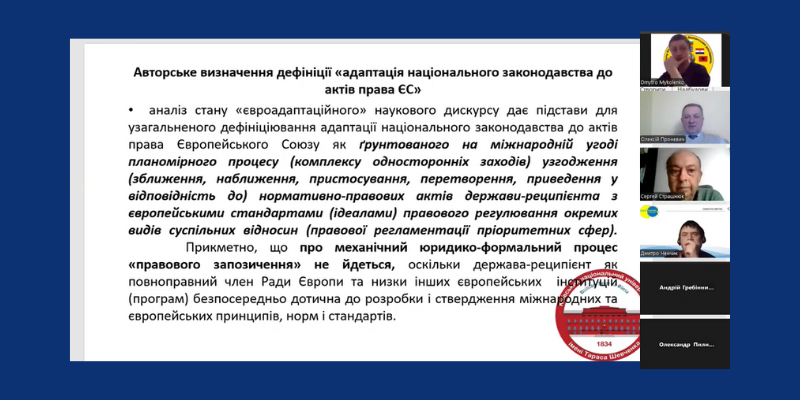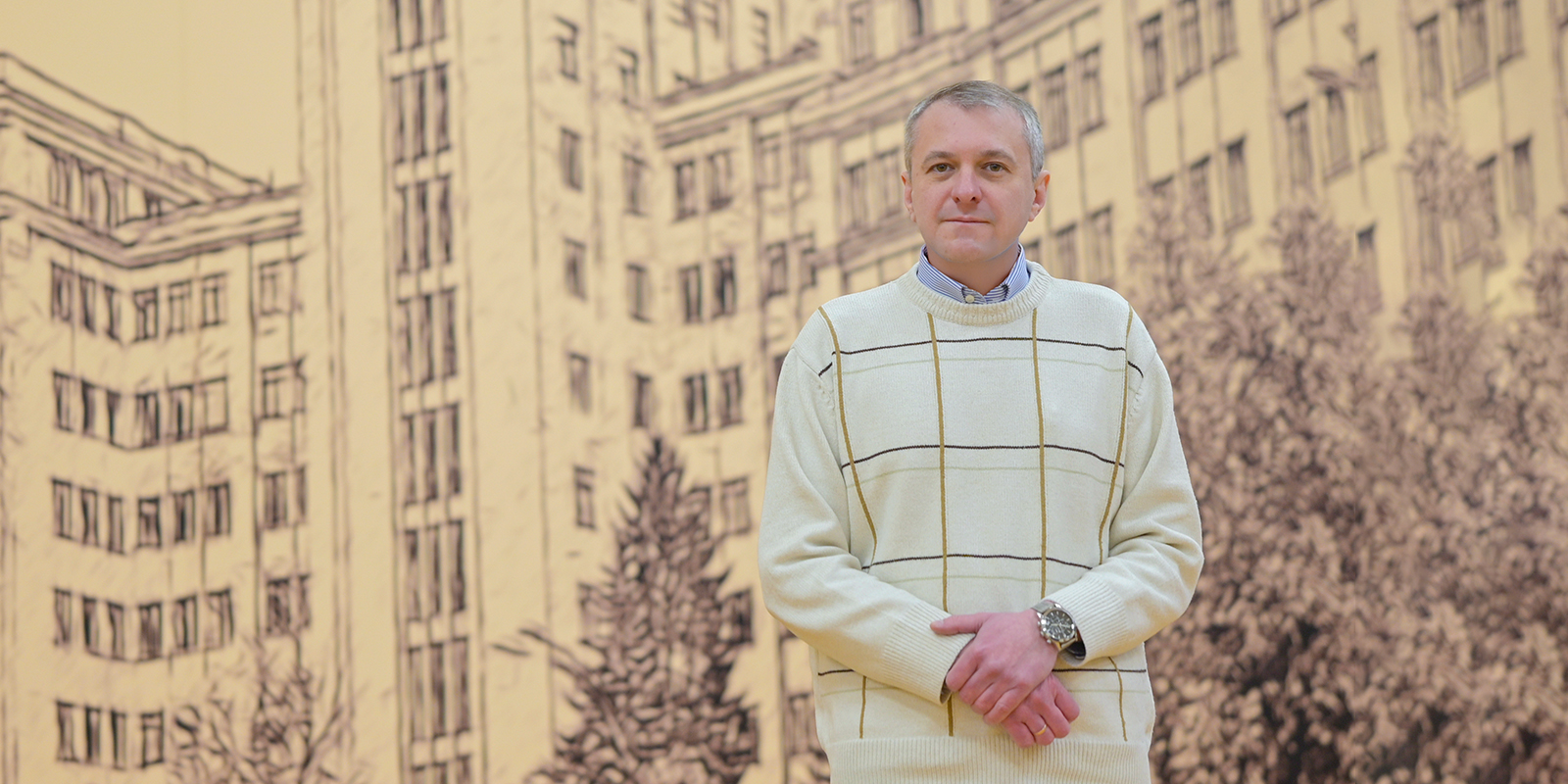Scientific Conference “Strategic Priorities of European and Global Policy: Diplomacy, Economy, Tourism”
.jpg)
The scientific conference "Strategic Priorities of European and Global Policy: Diplomacy, Economy, Tourism," held on April 24 in a hybrid format at the Karazin Institute of International Relations and Travel Business, focused on key issues of European and global policy, European integration, Ukraine’s role in global political processes, support for security in Europe, Ukraine’s bilateral and multilateral cooperation with European and global partners, peace studies, post-war recovery, and the search for models of a just world order.
The conference brought together around 60 scholars from 20 Ukrainian institutions of higher education. It was organized by the Department of World Politics, Diplomacy, and Travel Business at the Karazin Institute of International Relations and Travel Business.
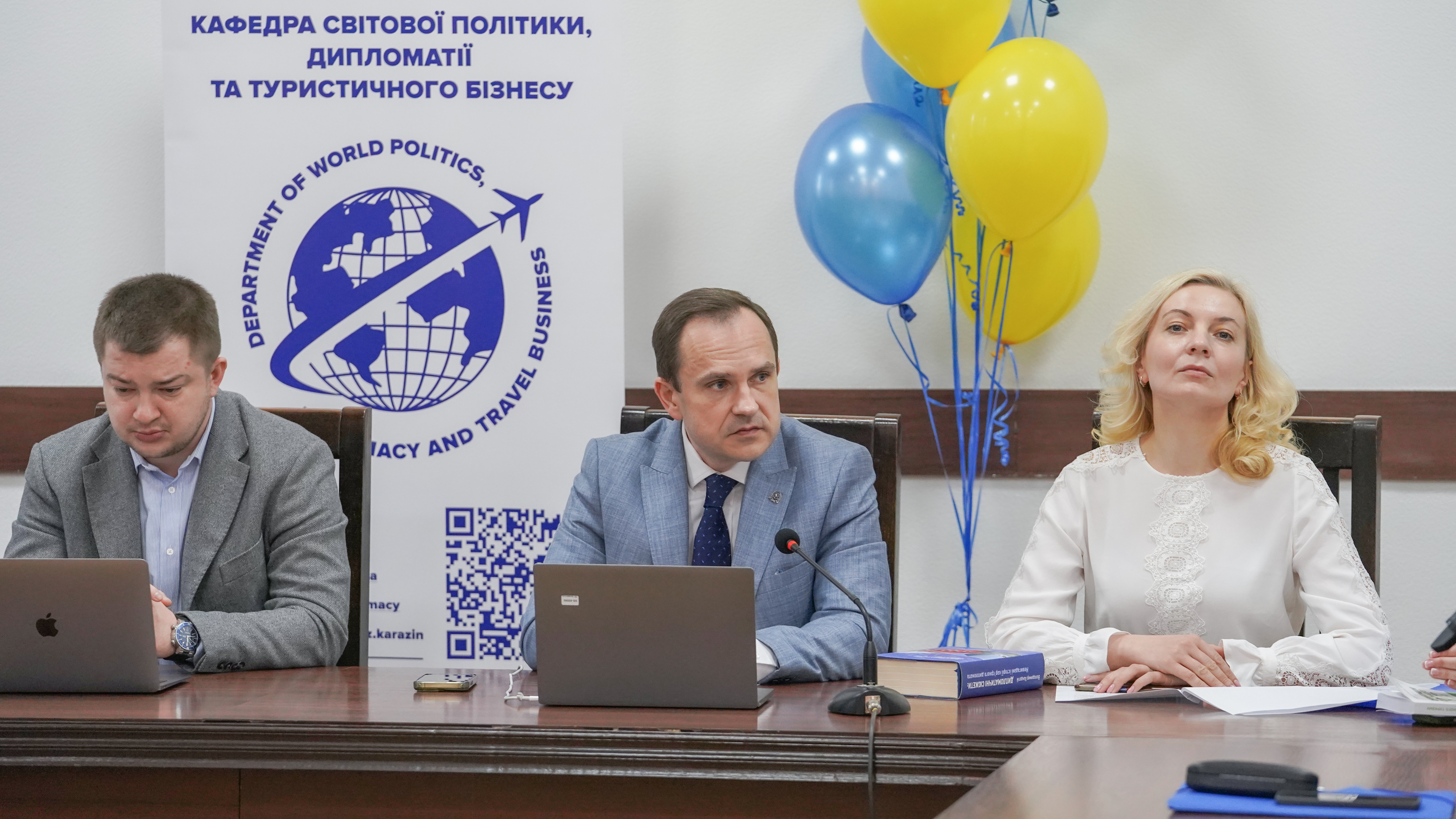
The conference was moderated by Professor Anatolii Parfinenko, Head of the Department of World Politics, Diplomacy, and Travel Business. He informed the audience that the event was dedicated to the 50th anniversary of the signing of the Helsinki Final Act of the Conference on Security and Cooperation in Europe, which laid the foundation for the establishment of the OSCE. The Final Act recorded the political and territorial outcomes of World War II and marked a turning point in European security. Signed on August 1, 1975, the agreement outlined fundamental principles of international relations and peaceful coexistence among European states with differing political and economic systems. The Russian invasion of Ukraine has violated not only the fundamental Decalogue of inter-state relations but also the political system shaped by the Helsinki process.
Professor Parfinenko emphasized that the Helsinki Conference was a milestone in multilateral diplomacy, involving 35 countries. This is symbolic, as April 24 also marks the International Day of Multilateralism and Diplomacy for Peace, celebrated for the first time at Karazin University.
During the opening ceremony, Director of the Karazin Institute of International Relations and Travel Business, Mykola Pysarevskyi, highlighted the impact of the Russian-Ukrainian war on global and regional security and the emergence of new forms of multilateral diplomacy. He drew attention to the strategic priorities of Ukraine’s post-war economic recovery and the critical role of future international relations specialists in strengthening Ukraine’s engagement with other regions of the world.
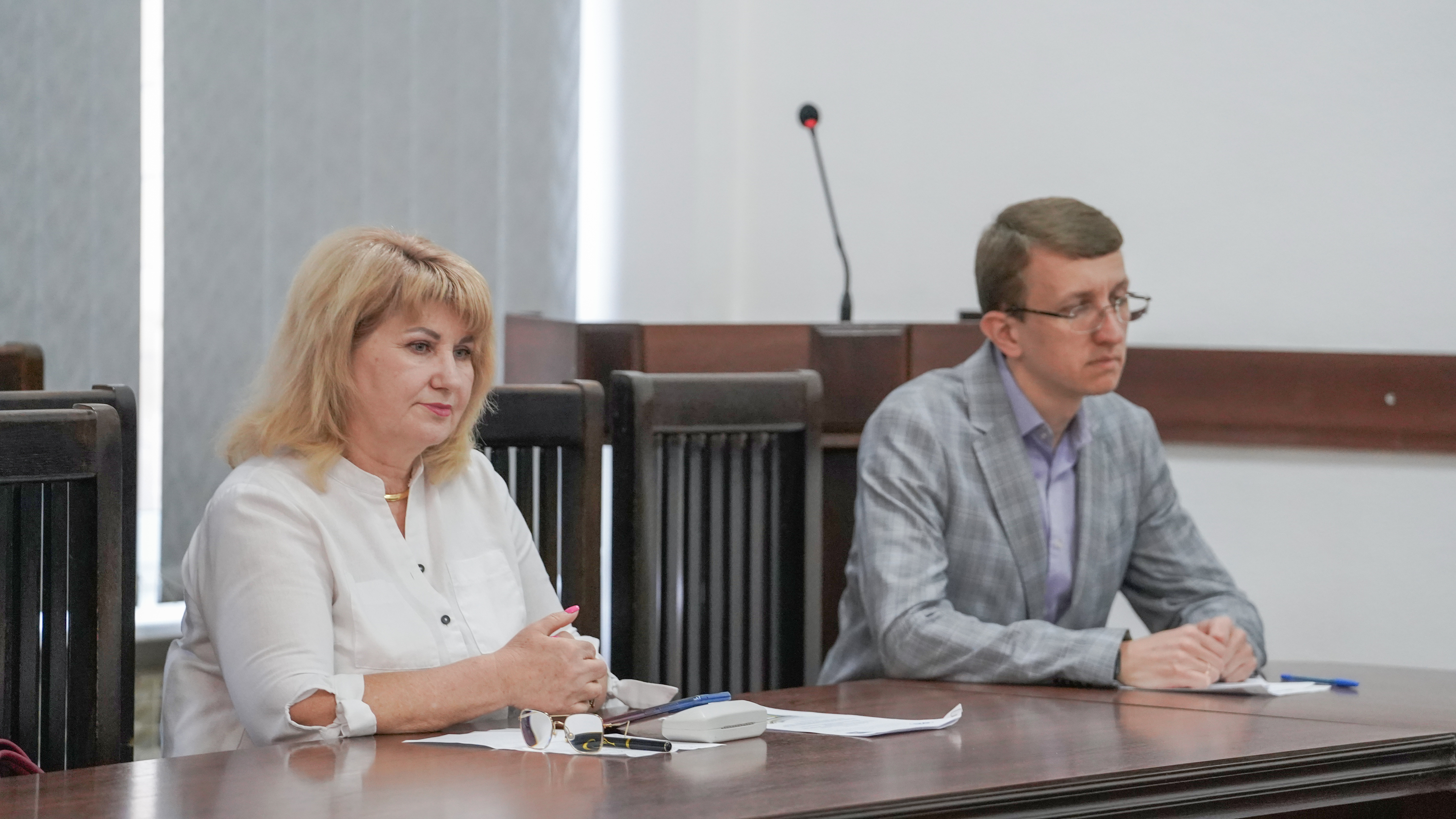
In her welcome address, Member of Parliament of Ukraine and Head of the Permanent Delegation of the Verkhovna Rada to the Parliamentary Assembly of the Council of Europe, Mariia Mezentseva-Fedorenko, emphasized the role of parliamentary diplomacy in strengthening international support for Ukraine. She outlined the prospects for deeper cooperation with European institutions, key directions of economic integration, and stressed the need for reforms that would bring Ukraine closer to full EU membership.
Natalia Vynnykova, Head of the Department of International Relations at Karazin University, stressed the need to revise the European security system to make it more resilient and responsive to emerging threats, asserting that Ukraine should be an integral part of this system.
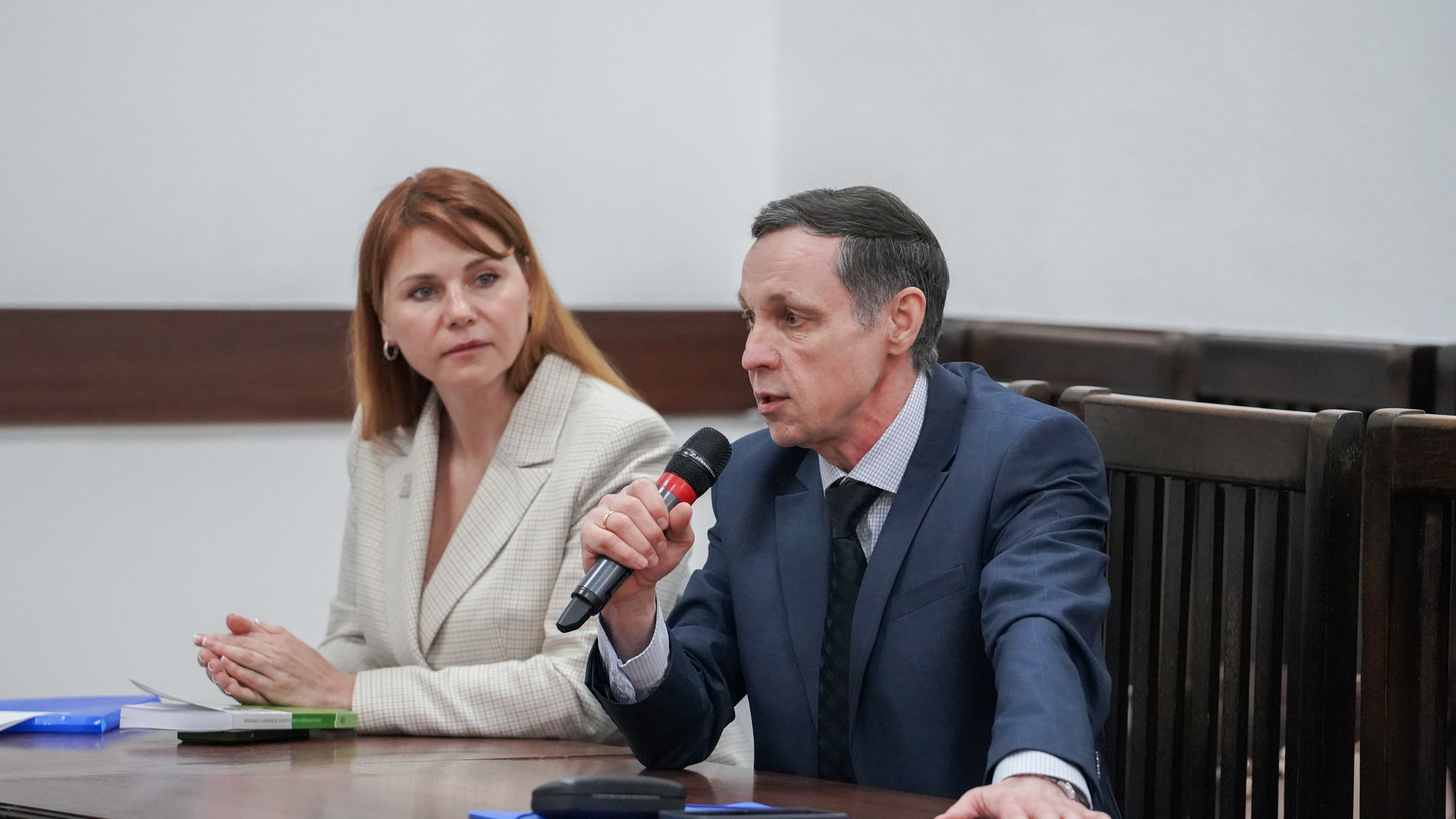
The plenary presentation by Anatolii Parfinenko focused on the impact of the Helsinki Process on liberalizing mobility in Europe, which became an important means of peacefully involving socialist regimes in pan-European cooperation, overcoming the continental divide, and shaping a liberal world order. He highlighted that the provisions of the Helsinki Final Act laid the foundation for border openness, enhanced interpersonal contacts and international cooperation, and fostered the transformation of socialist regimes and subsequent geopolitical changes in Europe.
Civil society activist and Associate Professor at the Department of Management at Poltava University of Economics and Trade, Yanyna Barybina, gave a presentation on “The Role of Women’s Civil Organizations in Ukraine’s Cultural Diplomacy During Wartime.” She analyzed how women's organizations have become a key element of the cultural front, discussed their activities in international communication and the promotion of Ukrainian culture abroad, and outlined major challenges they face during wartime — including resource shortages, information pressure, gender stereotypes, and organizational difficulties. She emphasized the need for increased support for women’s initiatives as an essential part of Ukraine’s cultural diplomacy.
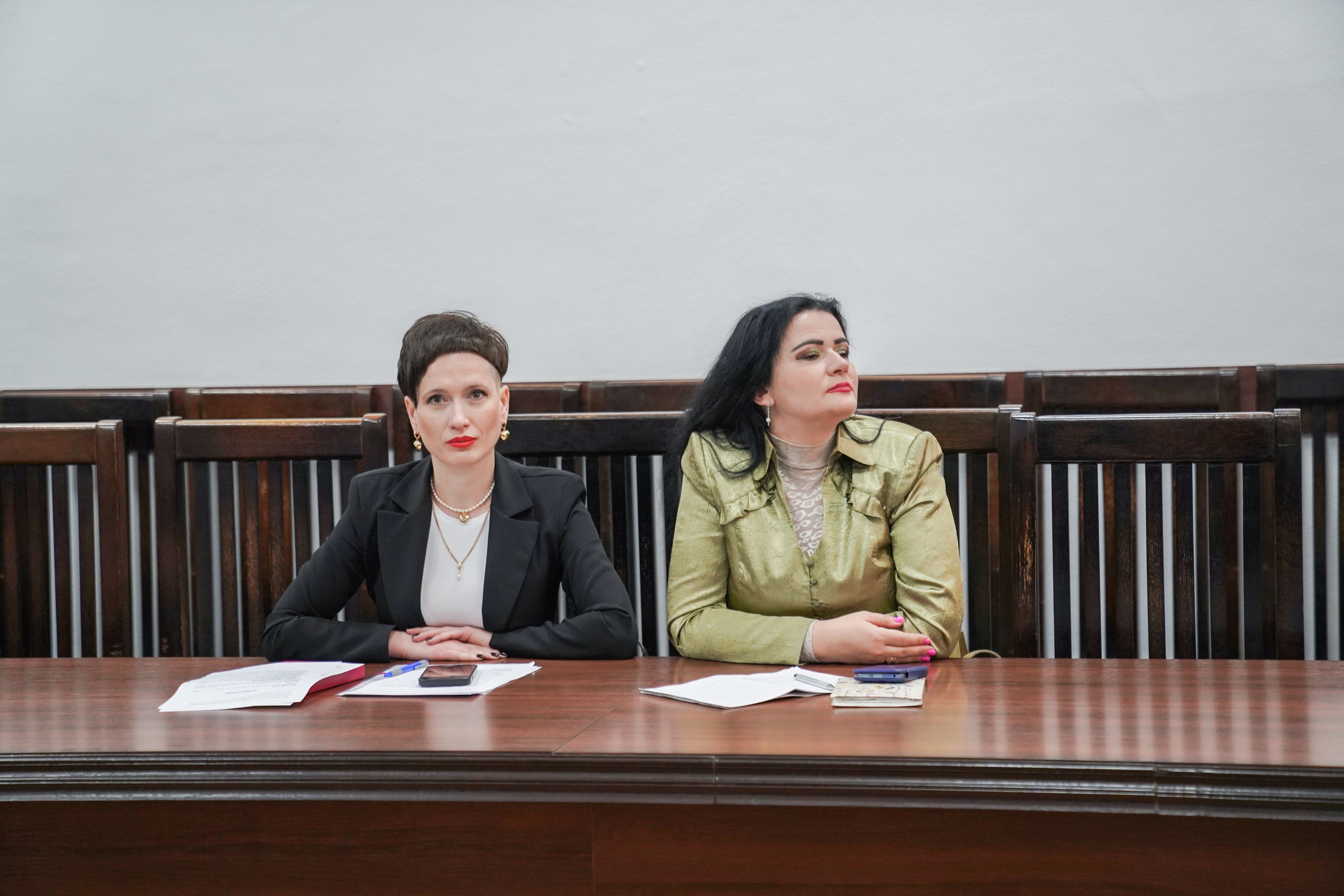
Professor Andrii Hrubinko, Head of the Department of Legal Theory and Constitutionalism and Director of the Center for Strategic Analytics and International Studies at West Ukrainian National University, presented a report titled “The Centennial Agreement in the System of Ukrainian-British Interstate Cooperation: A Critical Analysis.” He examined the evolution of the legal framework of Ukrainian-British relations, identified key political and legal aspects of the partnership, and underlined the strategic prospects for bilateral cooperation in the context of global challenges.
Professor Serhii Lyman from the Department of World Politics, Diplomacy, and Travel Business concluded the conference by emphasizing the relevance of the research presented, which sheds light on the transformation of global politics, the economy, and international cooperation in the face of global challenges. He highlighted the importance of dialogue among scholars, practitioners, and civil society in shaping effective strategies for Ukraine’s recovery and its integration into the European and global community. Professor Lyman also expressed gratitude to all participants for their insightful presentations, lively discussions, and constructive suggestions.




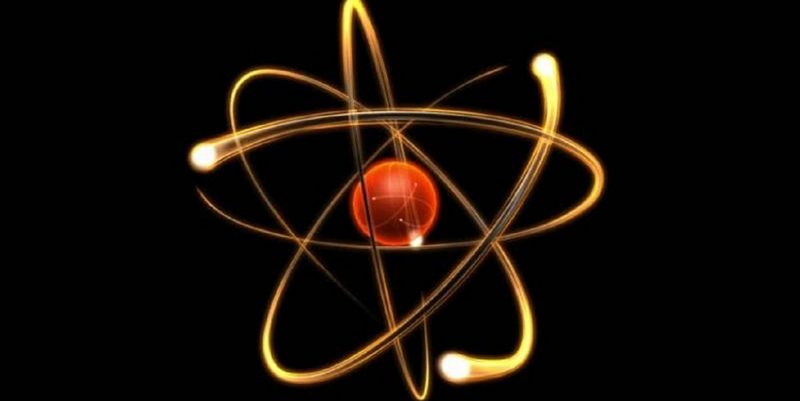
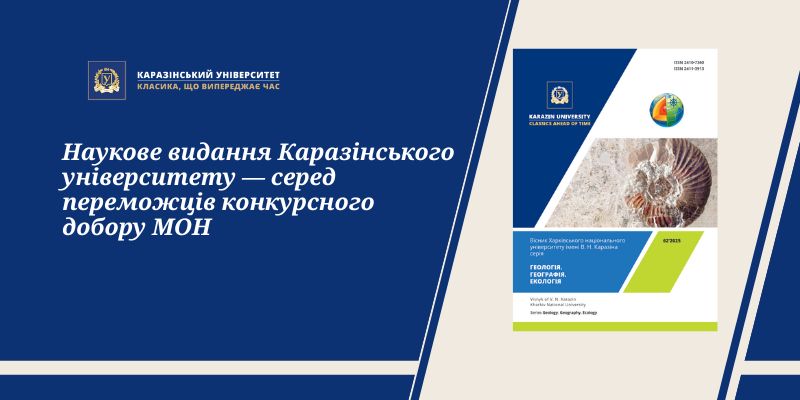

.png)
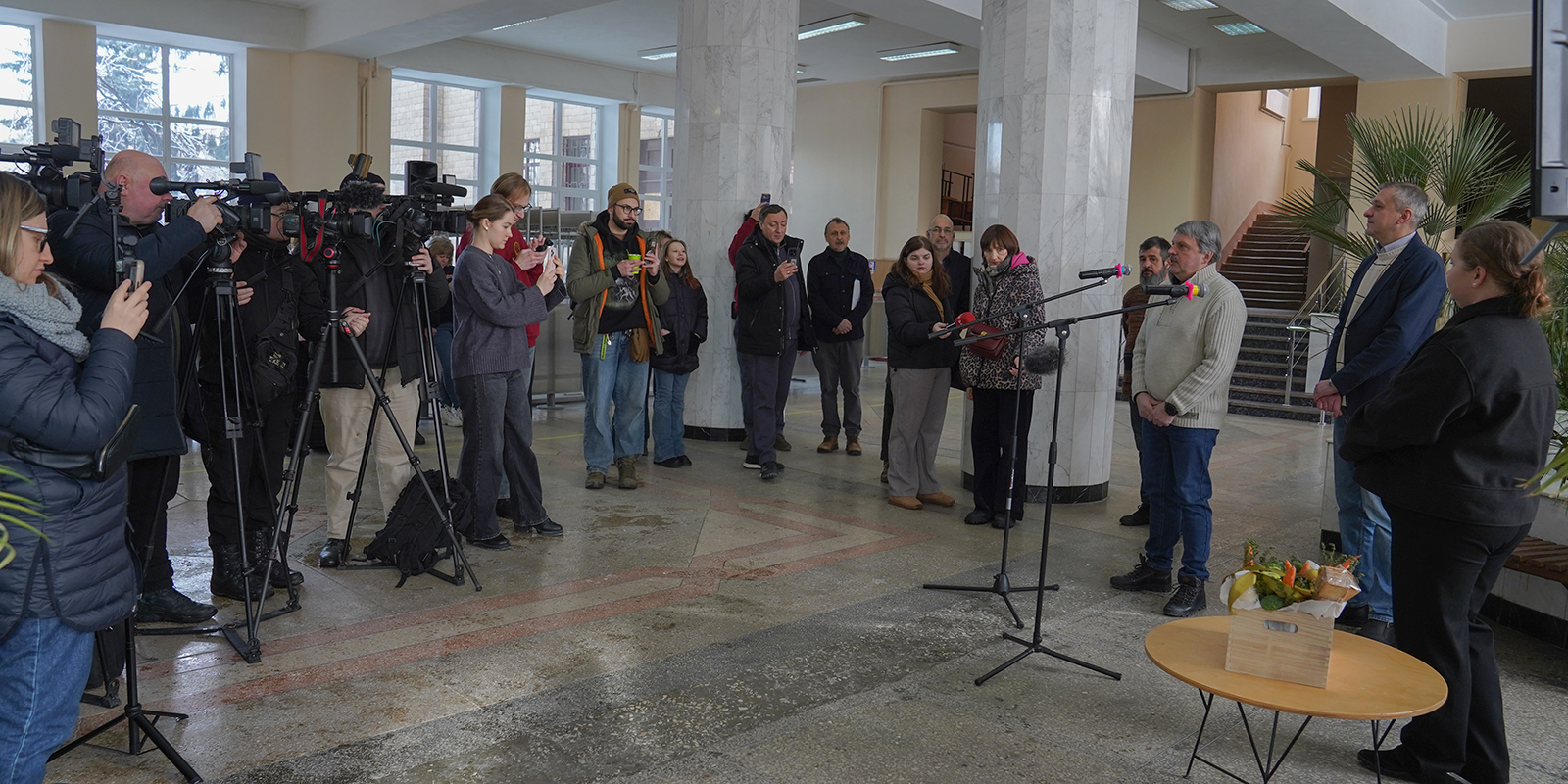

.jpg)
